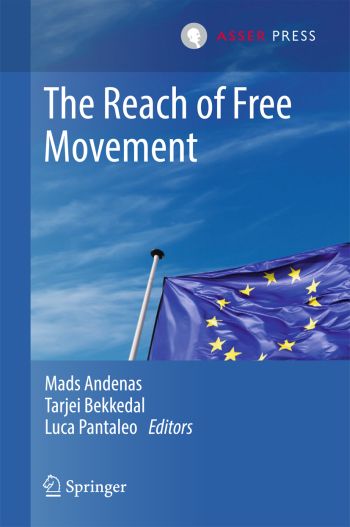
The reach of free movement within the EU Internal Market and what constitutes a restriction are the topics of this book. For many years the tension between free movement and restrictions have been the subject of intense discussion and controversy, and this includes the constitutional reach of the rights conferred by the Treaty of Lisbon. Anything that makes movement less attractive or more burdensome may constitute a restriction. Restrictions may be justified, but only if proportionate. The reach of free movement is fundamental to the Internal Market, both for the economic constitution and increasingly for individual rights in a European legal order that provides constitutional guarantees for rights, exceeding those of free movement. The interaction between fundamental rights and fundamental freedoms to movement distinguishes the EU legal order from the national legal systems.
The book falls into four parts, namely ‘The reach of free movement', ’Justifications and Proportionality’, ‘Fundamental rights’, and ‘Looking Abroad’. The clear discussion of the fundamentals and dilemmas regarding the subject of this book should prove useful for academics, practitioners, graduate students as well as EU officials and judges wishing to stay updated on the ongoing scholarly debate regarding relevance to case law.